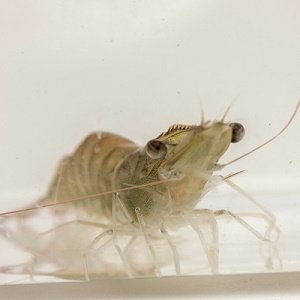Norway.- The work is organized by DIHR, Rafto Foundation and IHRB, in Bergen, Norway in December 2019. The report discusses the main human rights issues, challenges, good practices and ways forward in the global salmon farming industry. The roundtable report can be found here: Human Rights in the salmon farming industry.
The Roundtable on salmon farming and human rights was organised in light of the urgent need to have a stronger focus on human rights issues in the salmon farming and aquaculture feed industries globally. While, in the past, some attention has been paid to environmental impacts of the industry, as well as some social- and governance related issues, not enough attention has been paid to human rights.
During the current global Covid-19 pandemic, it is even more important that companies, including the salmon farming industry, financiers and buyers, put respect for human rights of groups at risk, such as temporary and female workers and indigenous communities, at the centre of their business operations.
The Rafto Foundation for Human Rights, the Danish Institute for Human Rights (DIHR) and the Institute for Human Rights and Business (IHRB) are very grateful to the speakers, panelists and participants for their crucial support and contributions to the Roundtable held in Bergen and their continued interest and engagement to support and improve respect for human rights in the salmon farming industry. We would like to thank Pål Korneliussen for his key role in organizing the Roundtable and Nadjala Tinneberg Rahi (DIHR) for her support in drafting this report.
Reference (open access):
DIHR, Rafto Foundation and IHRB. Roundtable: Human Rights in the salmon farming industry. 15 p.
Source: The Rafto Foundation
Editor at the digital magazine AquaHoy. He holds a degree in Aquaculture Biology from the National University of Santa (UNS) and a Master’s degree in Science and Innovation Management from the Polytechnic University of Valencia, with postgraduate diplomas in Business Innovation and Innovation Management. He possesses extensive experience in the aquaculture and fisheries sector, having led the Fisheries Innovation Unit of the National Program for Innovation in Fisheries and Aquaculture (PNIPA). He has served as a senior consultant in technology watch, an innovation project formulator and advisor, and a lecturer at UNS. He is a member of the Peruvian College of Biologists and was recognized by the World Aquaculture Society (WAS) in 2016 for his contribution to aquaculture.







